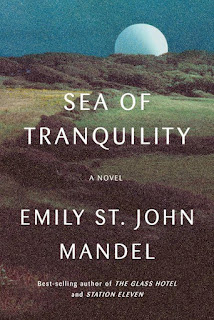These are the backdrop events for Jennifer Close's fantastic new novel, Marrying the Ketchups. Sullivan family patriarch Bud has dropped dead of a heart attack. In his wake, he's left an institution Oak Park restaurant and a devastated family. A life-long Cubs fan, poor Bud checked out just before that rainy November night in Cleveland when the Cubs lifted a century-old curse, and that fact alone is all the more devastating to his family.
The restaurant Bud started in the early 1970s is still the cornerstone of all the Sullivans' lives, even as their lives have diverged away from the friendly confines and outdated decor of Sullivan's. After Bud's death, the novel tells the story of the Sullivan family from the perspective of three characters.
Gretchen is mid-30s, living in New York City and fronting a popular 90s cover band. When her boyfriend, also the band's guitarist, cheats on her, she dissolves the band and moves back to Chicago to live above the restaurant. Her older sister Jane lives a bougie Lake Forest life with her rich husband (who she suspects is cheating on her) and her two kids. And then Gretchen and Jane's cousin Teddy, the restaurant's floor manager, gets dumped by his boyfriend, only to begin an affair with him after he's engaged to another guy. So yeah, all their lives a little bit of a mess. But they take comfort in each other, in between shouting matches and disagreements. Just your normal family...
The meat of the novel is each of these characters evaluating their romantic relationships, their relationships to each other, and crucially, their relationship to the restaurant, the symbol of the ties that bind their family together.
If you were a fan of Claire Lombardo's The Most Fun We Ever Had, you'll love this book. I absolutely did — a definite favorite of the year so far.


